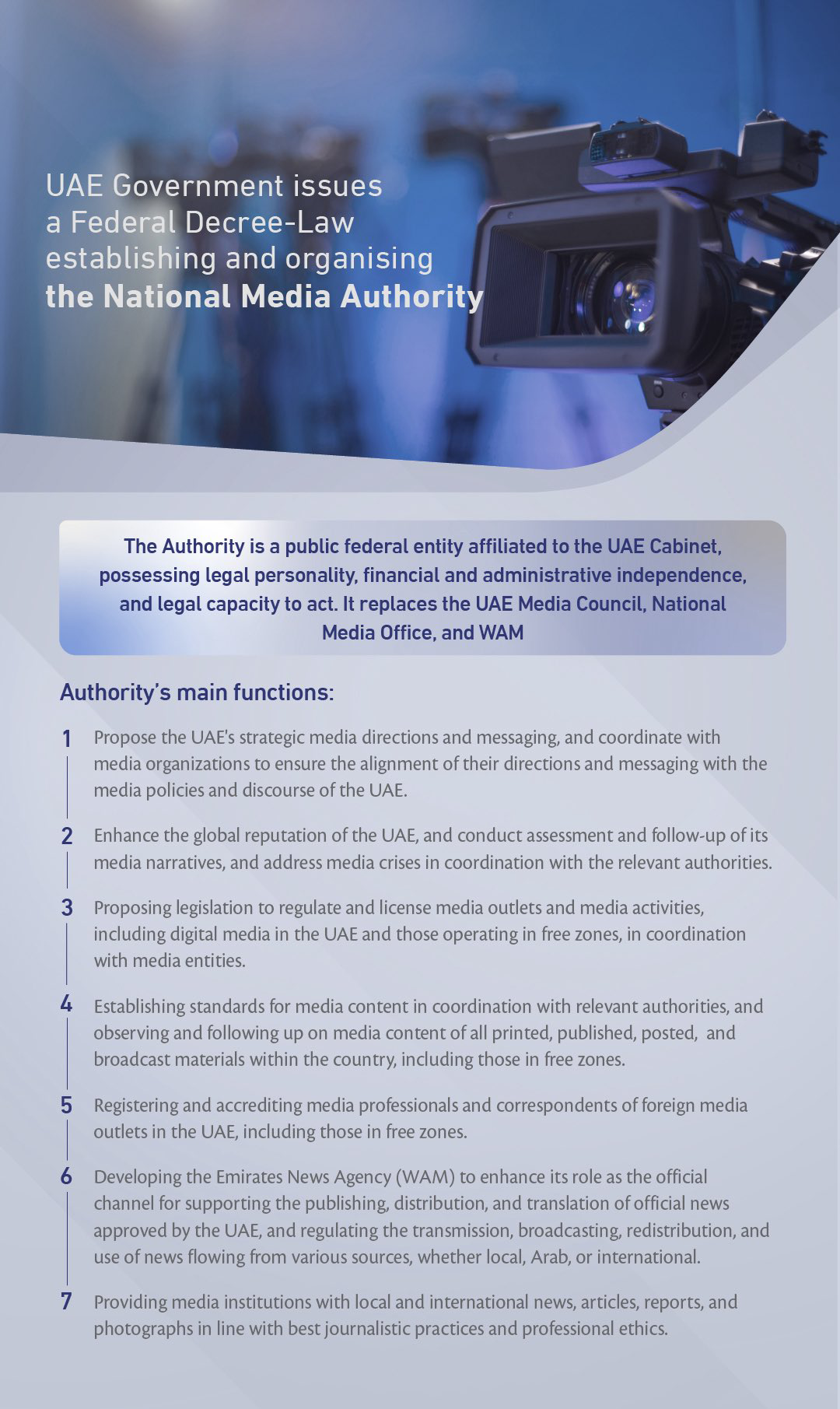Islamabad’s Struggle with Housing Schemes: A Call for Accountability
In a significant development for Islamabad, representatives from the city’s top civic authority and the district magistrate have been summoned to the court to address concerns regarding government departments’ involvement in housing societies. This unprecedented move highlights ongoing issues in urban planning and real estate management in the capital.
The Islamabad High Court (IHC), under the leadership of Chief Justice Athar Minallah, observed that various government departments seem entangled in the real estate game, diverting their focus from public service to private housing schemes. Such activities raise eyebrows and spark questions: Are these agencies supposed to be regulators or profit-seekers? The Chief Justice made it clear that this shift in focus contributes significantly to Islamabad’s environmental degradation and haphazard urban development.
The court strongly criticized the Federal Investigation Agency (FIA) for stepping into real estate, indicating that such activities might fall outside its jurisdiction. This points to a broader issue of governmental overreach—a situation where agencies intended to uphold laws become players in the very markets they are supposed to regulate.
Moreover, it seems that public service officials have mixed their duties with private interests, further exacerbating the rise in crime rates within the city. As the Chief Justice noted during the hearings, this convergence of roles could indeed be a serious matter, drawing attention to ethics in governance.
During the proceedings, representatives from cooperative housing societies admitted that even their employees have ventured into private housing projects. This raises a critical ethical dilemma about whether public officials should participate in the real estate sector at all, especially amidst growing concerns of public welfare.
The lawyer representing the petitioners highlighted a troubling case where land bought by the FIA for its employees was sold to a housing society developer, revealing potential conflicts of interest and misappropriation of assets. This instance sheds light on the urgent need for stricter regulations and transparency in government dealings.
As the court awaits the appearances of the chairman of the Capital Development Authority (CDA) and the deputy commissioner, observers are keen to see how this case will unfold. It points toward a larger societal question: How do we balance the need for urban development with ethical governance practices in Pakistan?
Ultimately, it stands as a clarion call for accountability and responsibility among those who govern our urban landscapes. As Islamabad continues to grow, the lessons learned from this case could serve as a foundation for better planning and more responsible governance in the future. The stakes are high, not just for the officials involved, but for every resident of Islamabad who seeks a safe and properly managed community.



